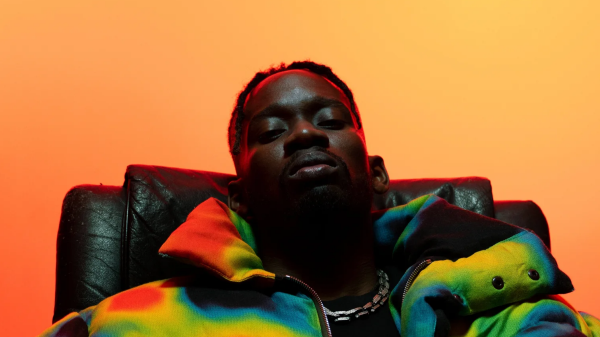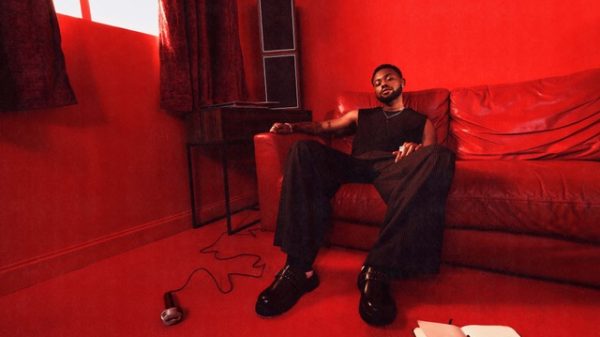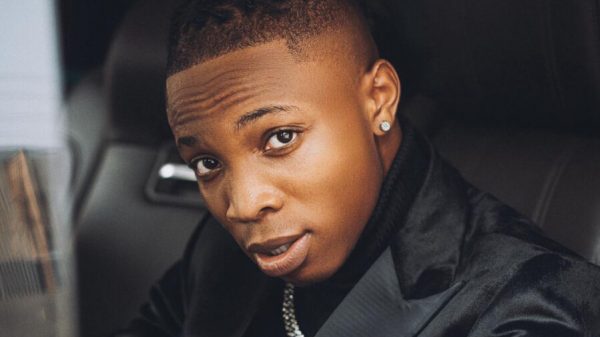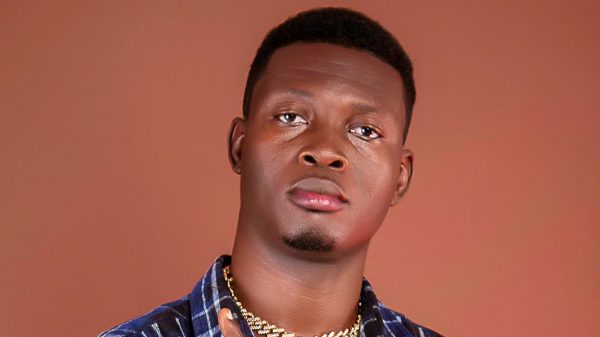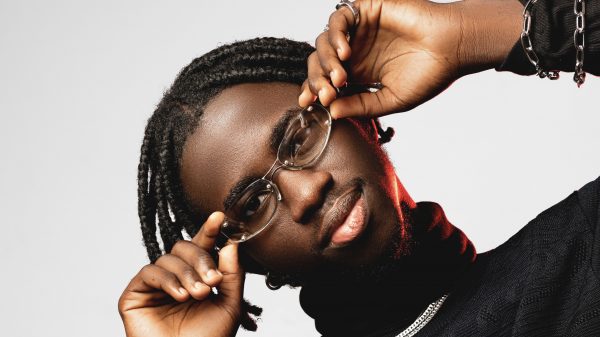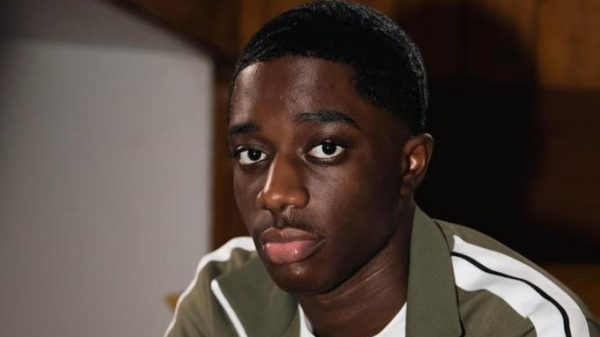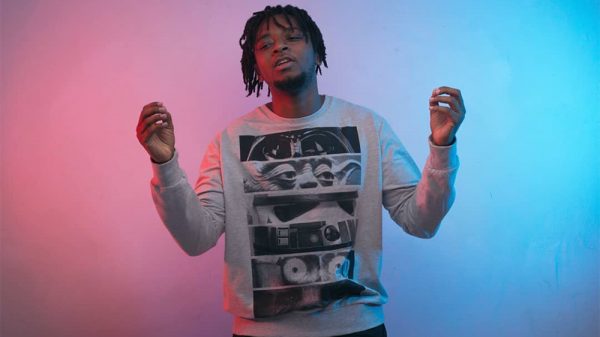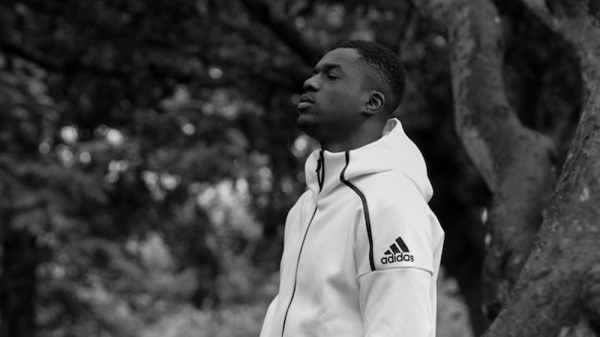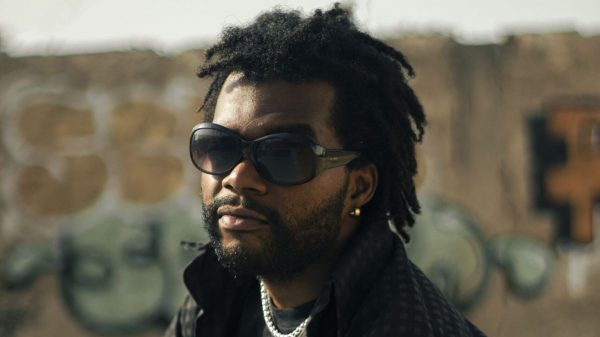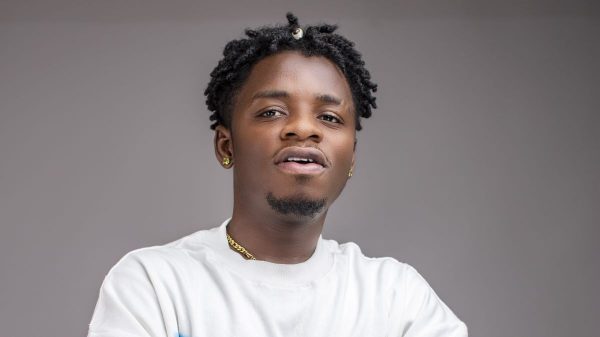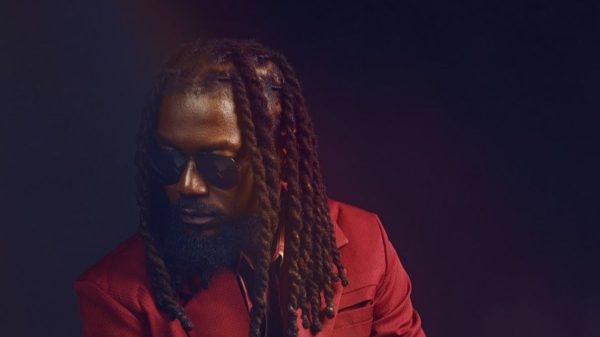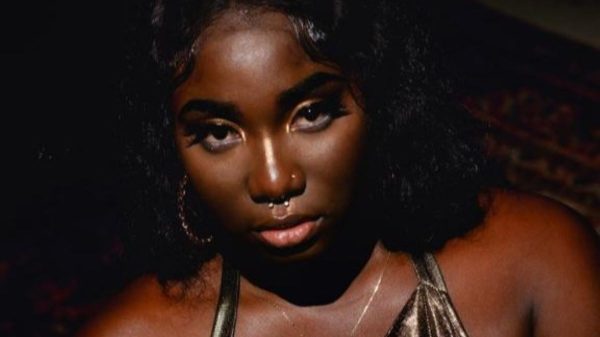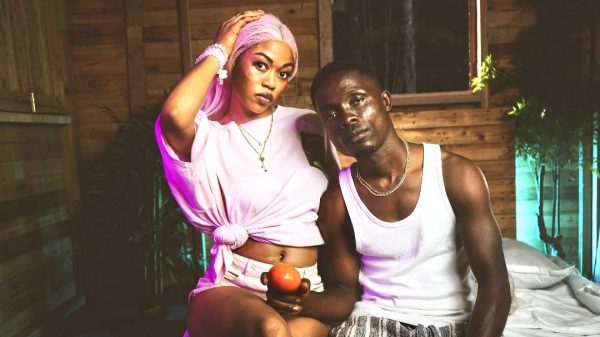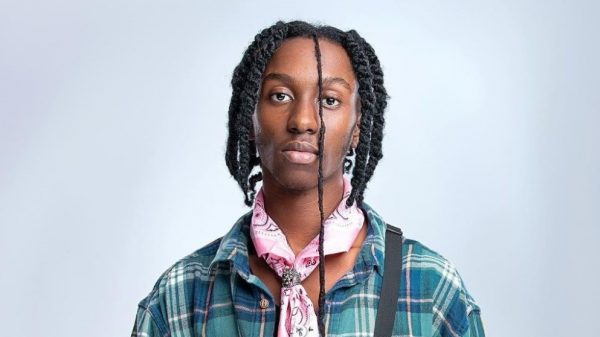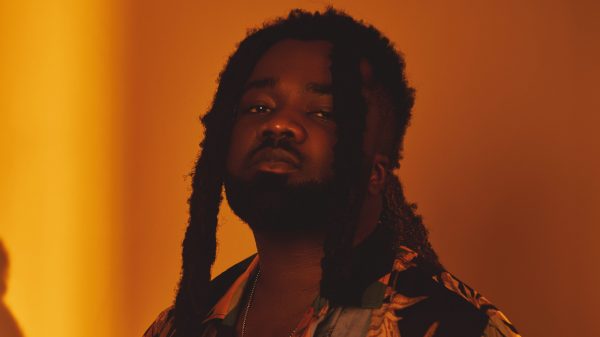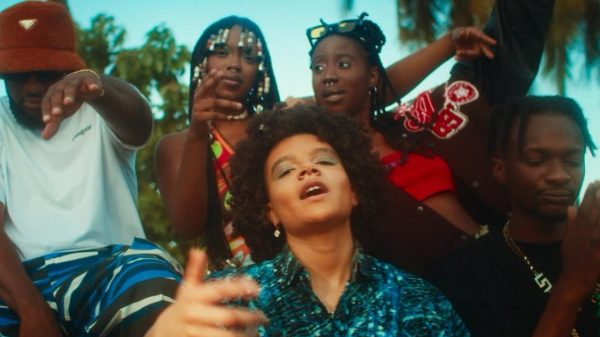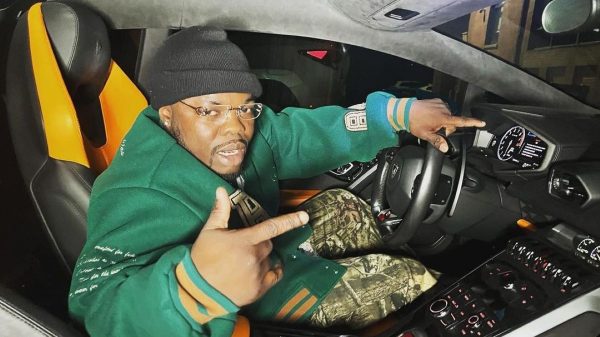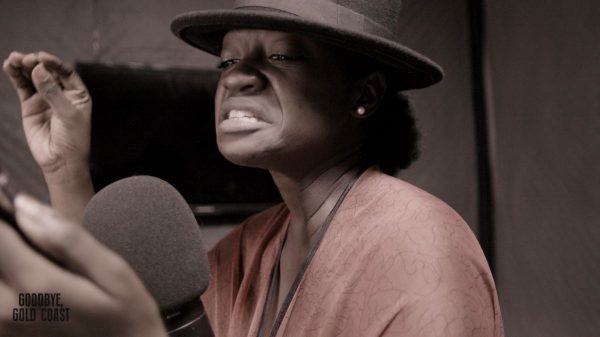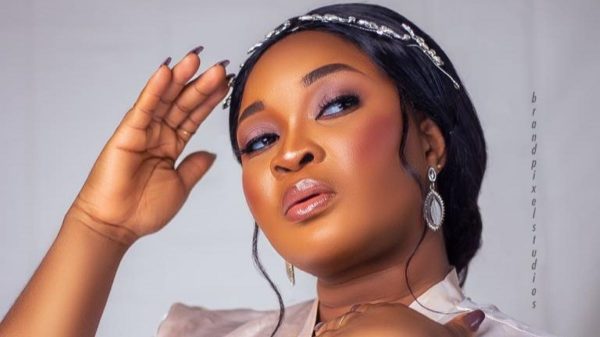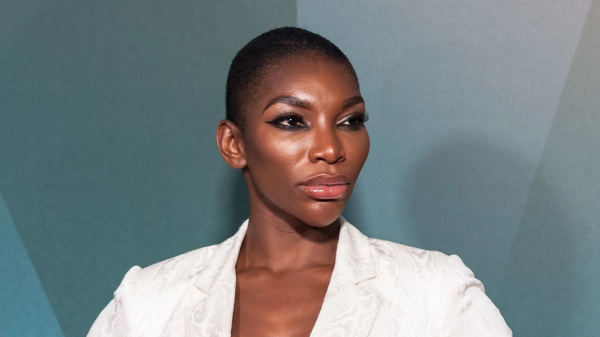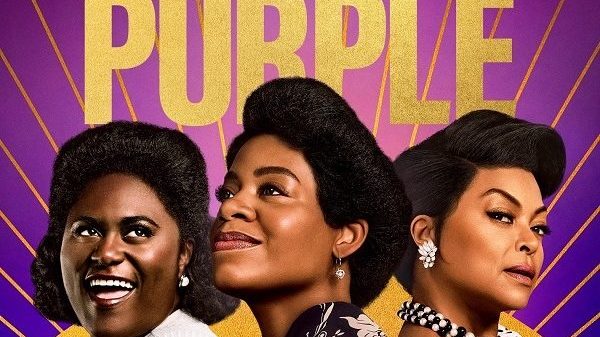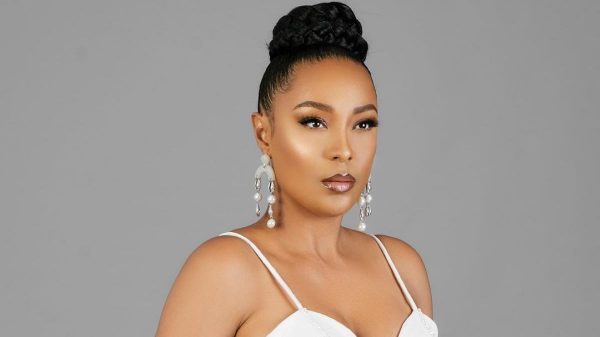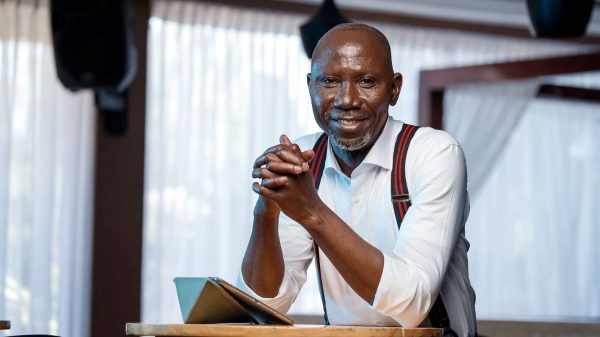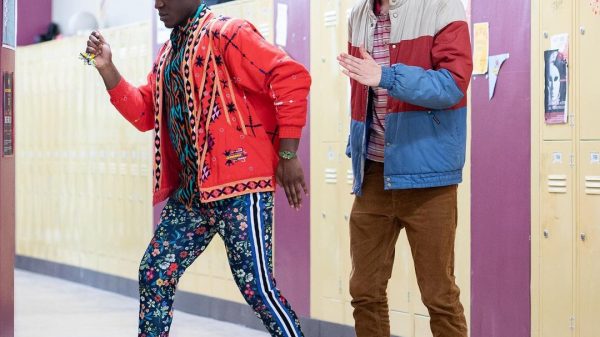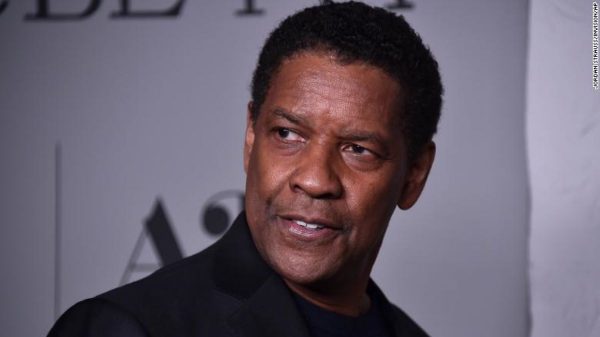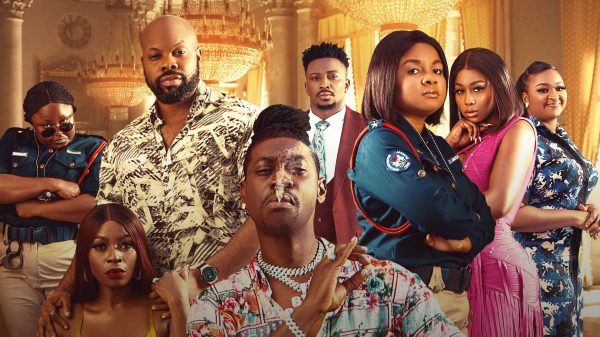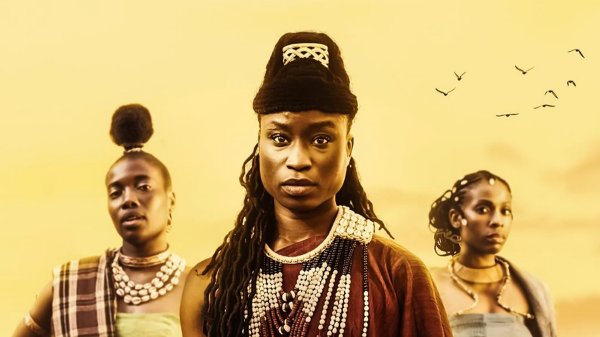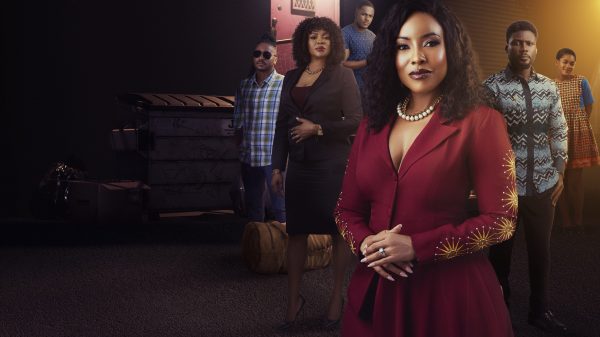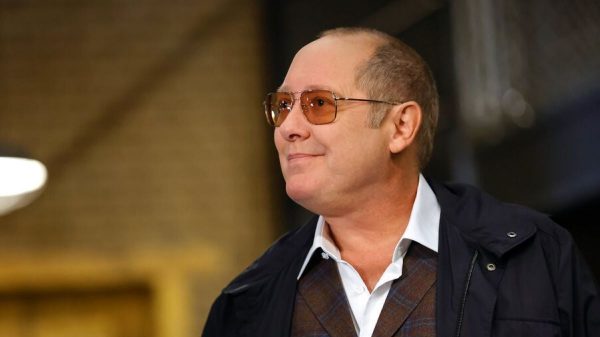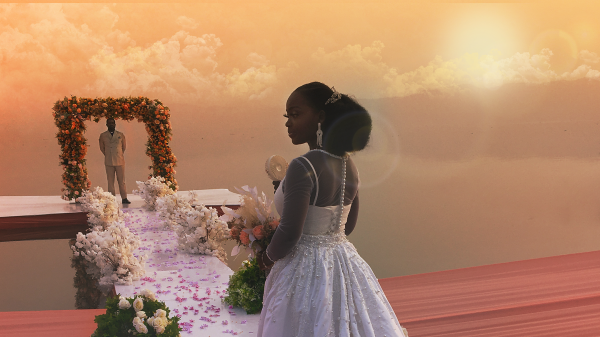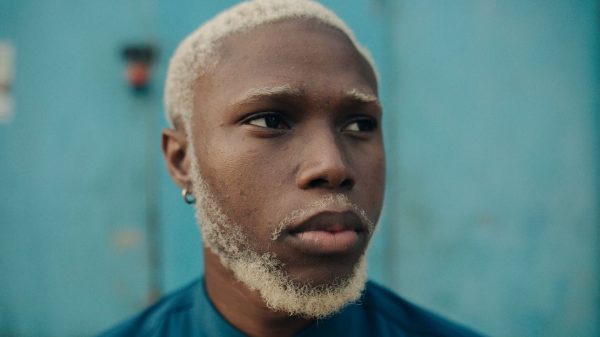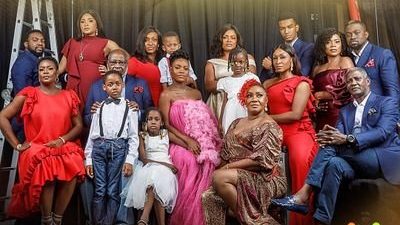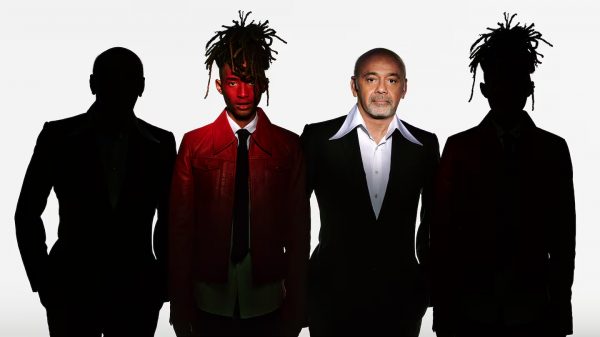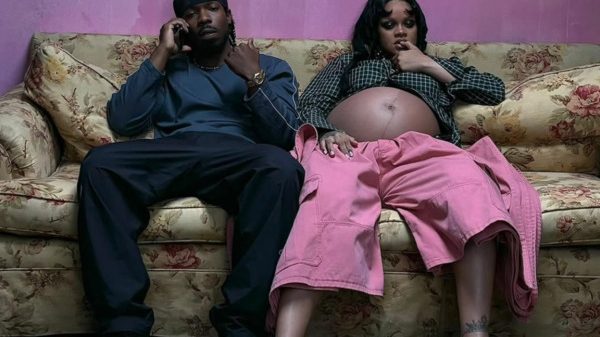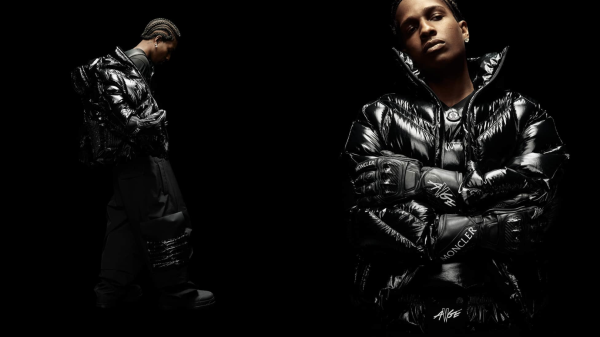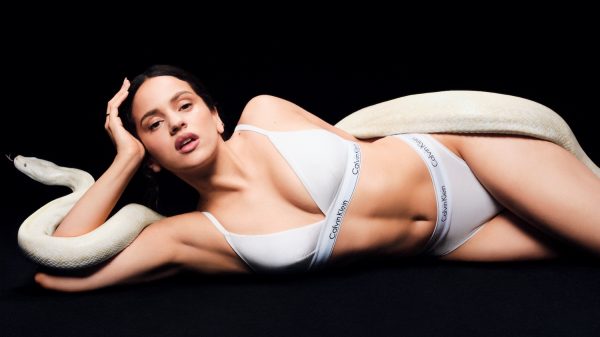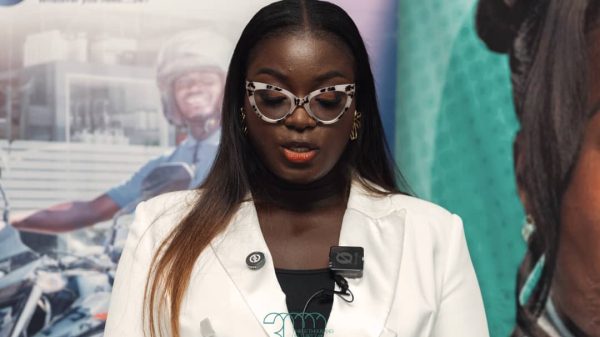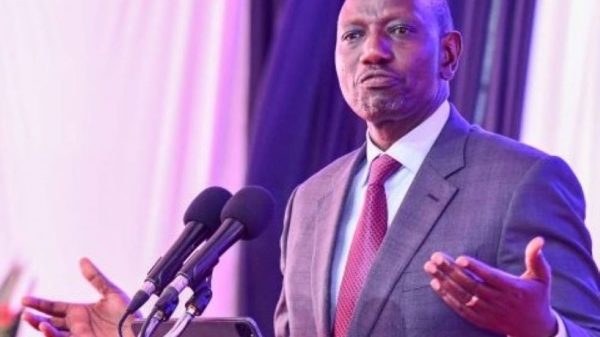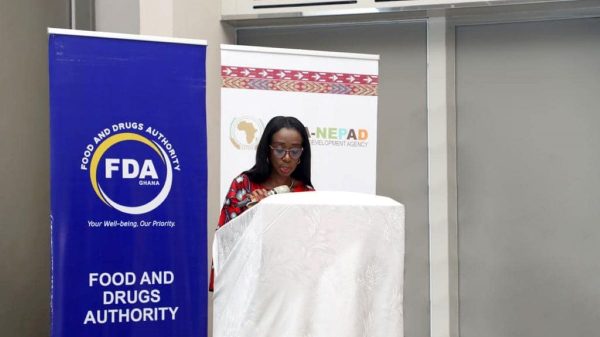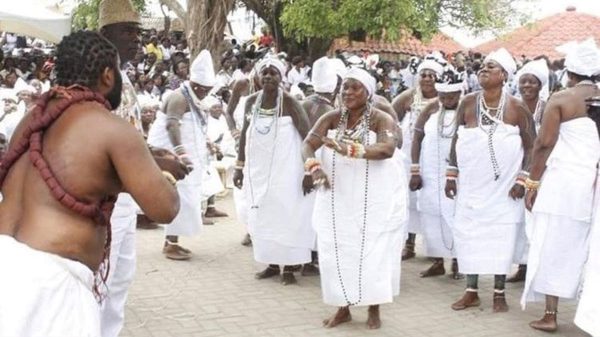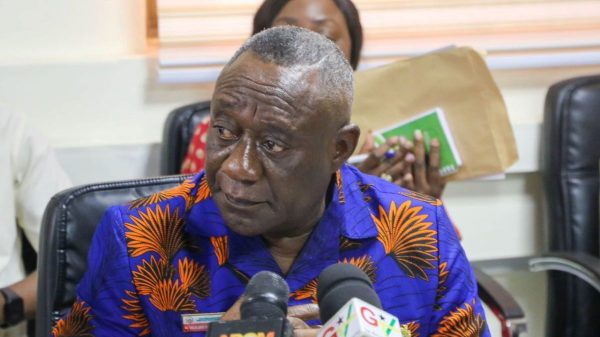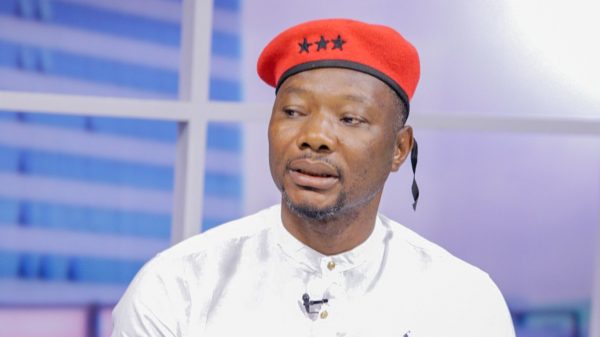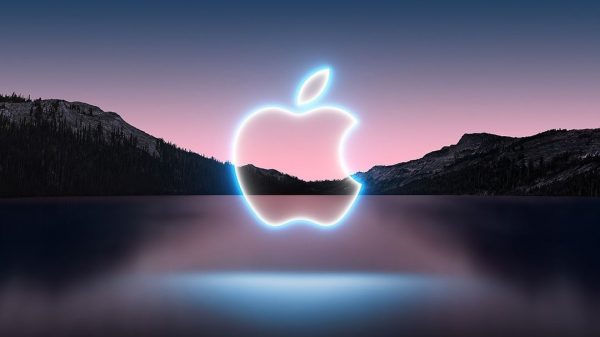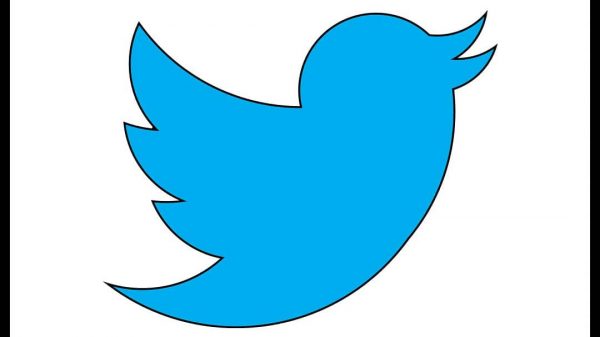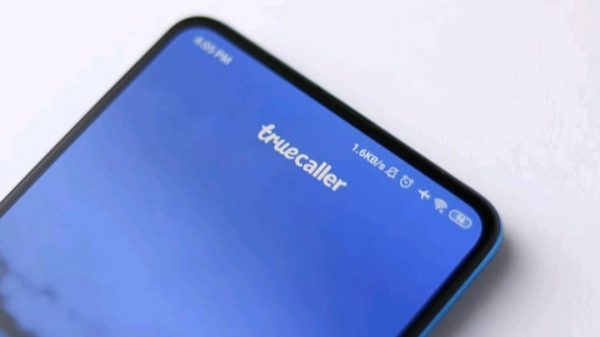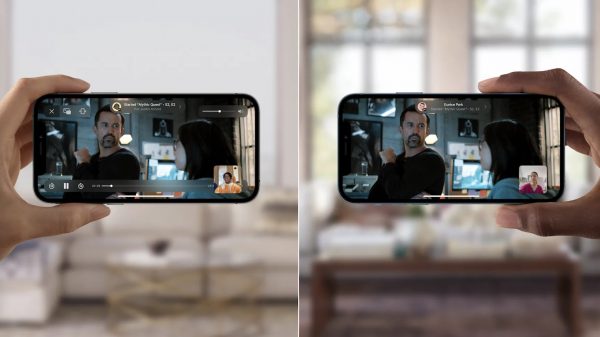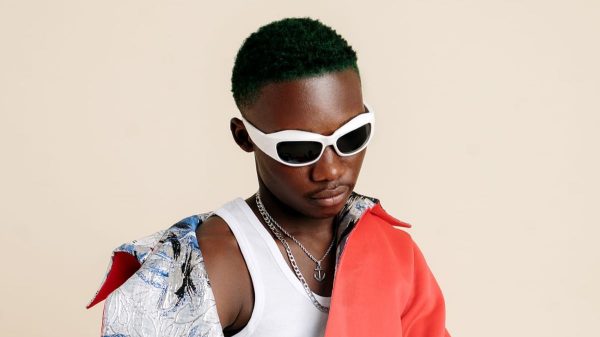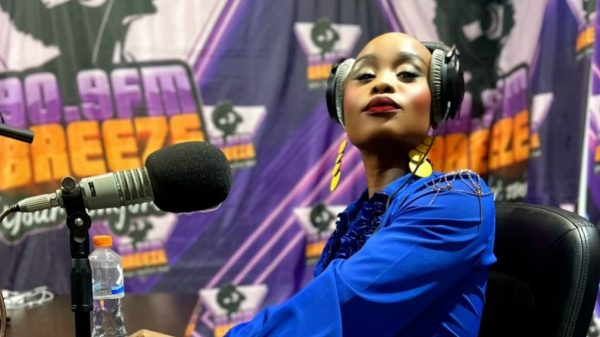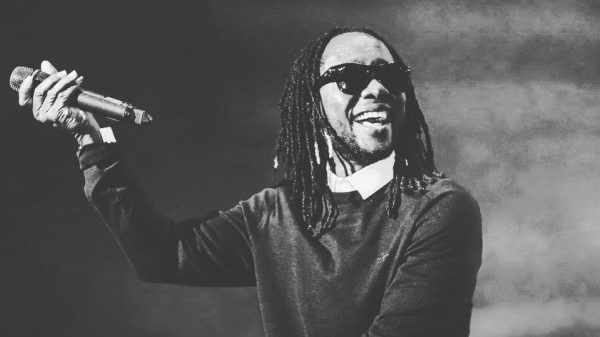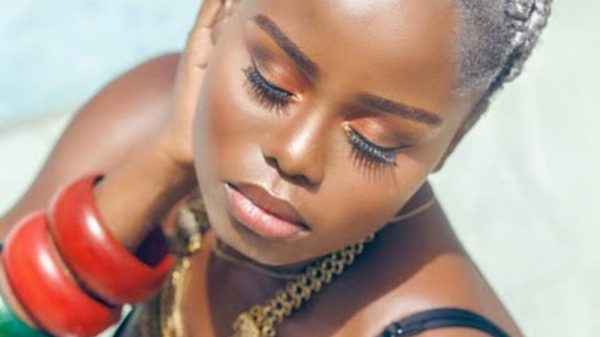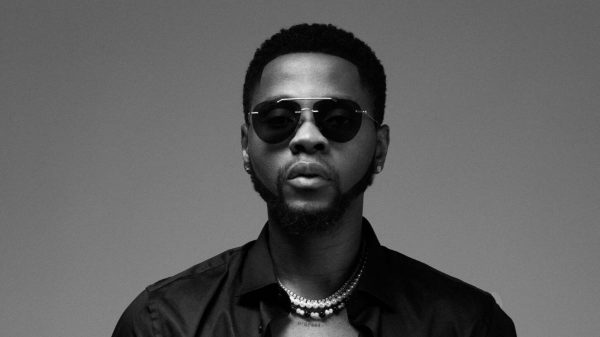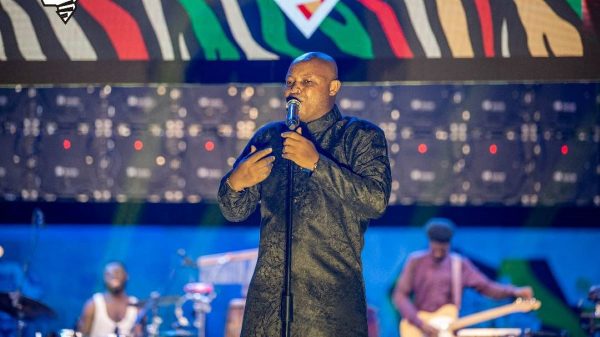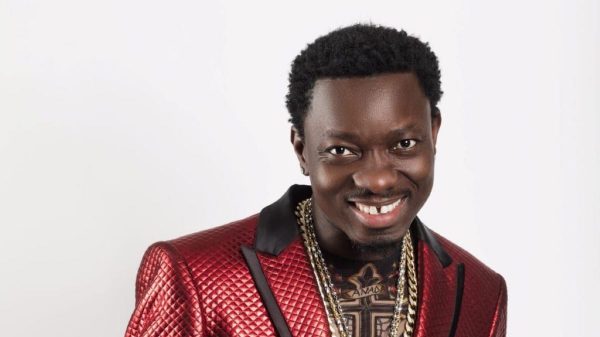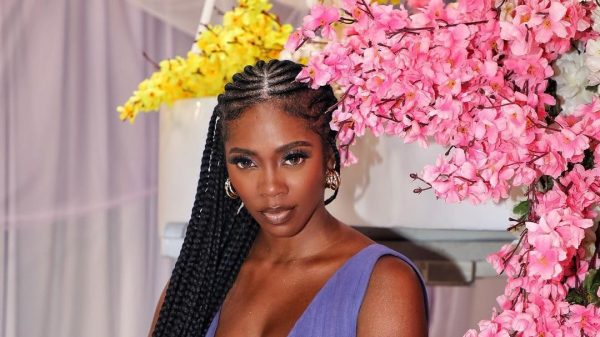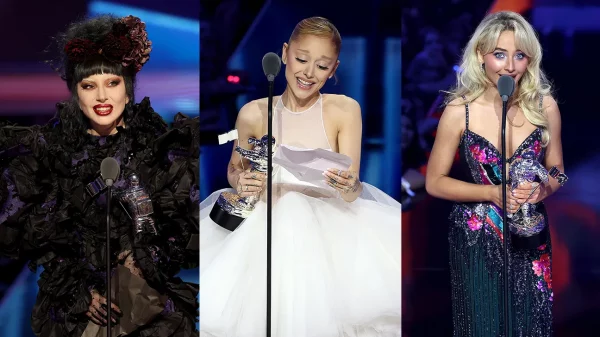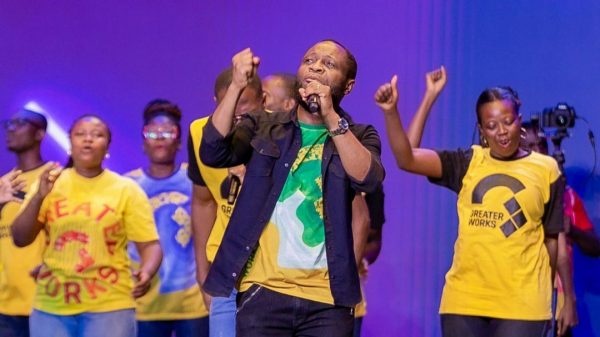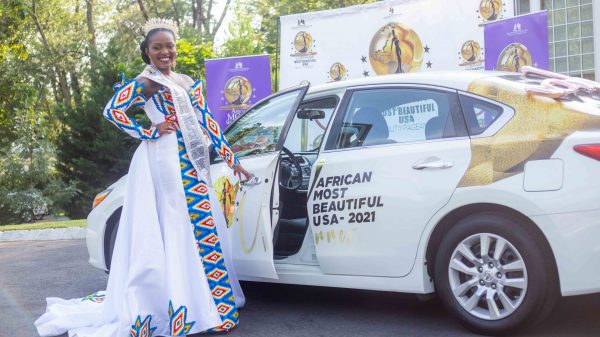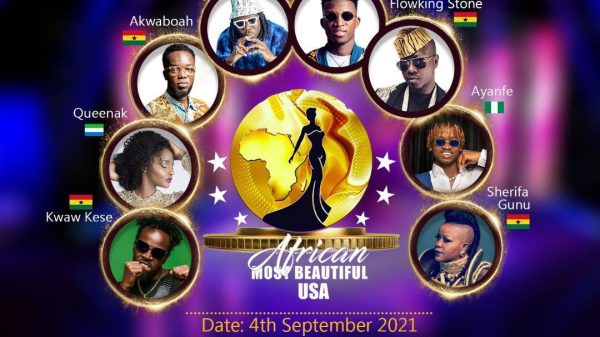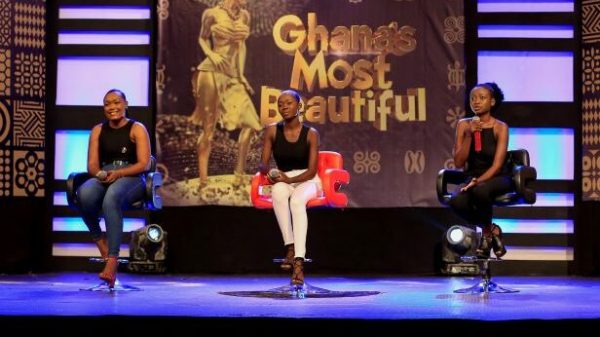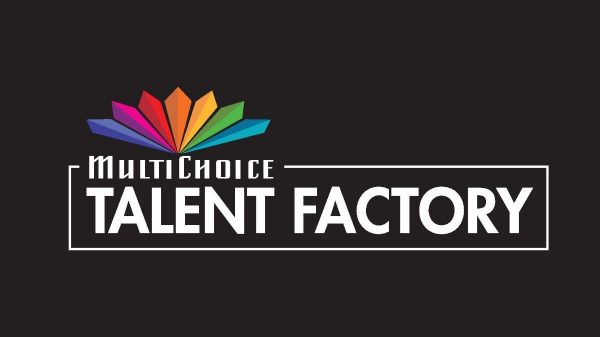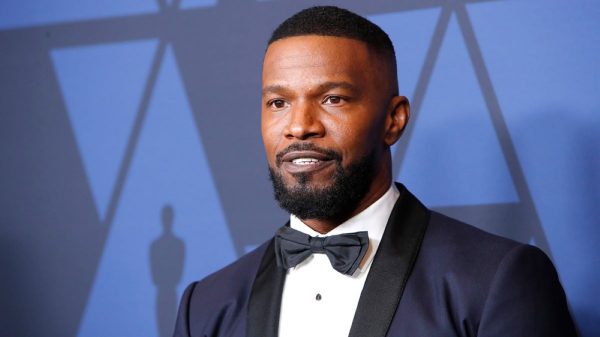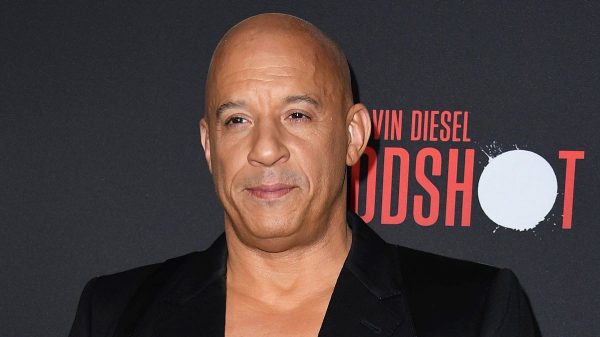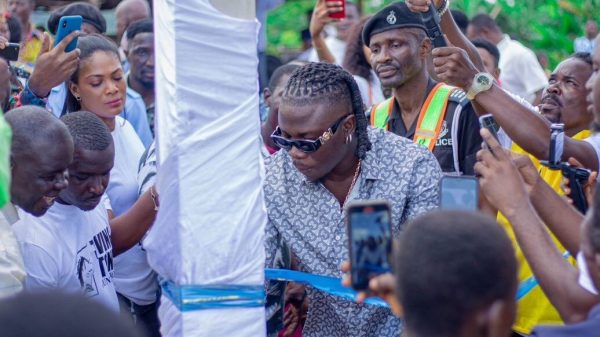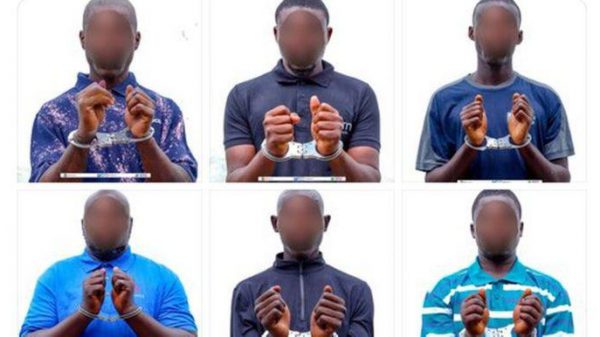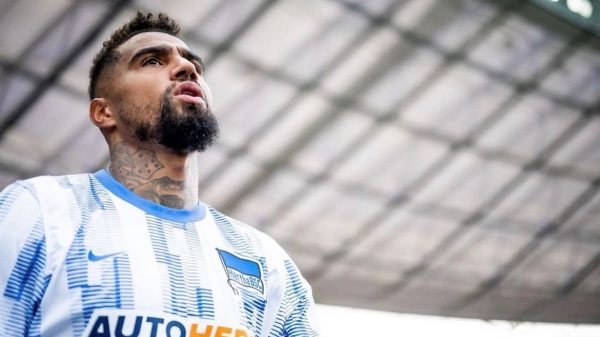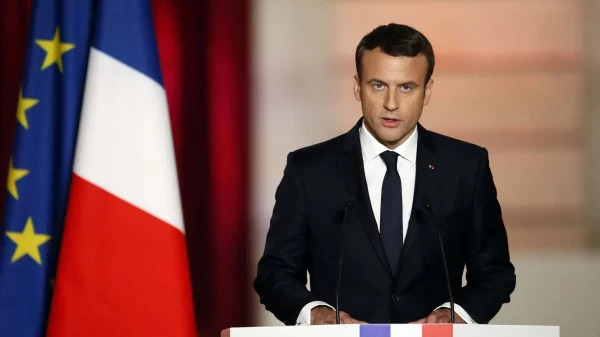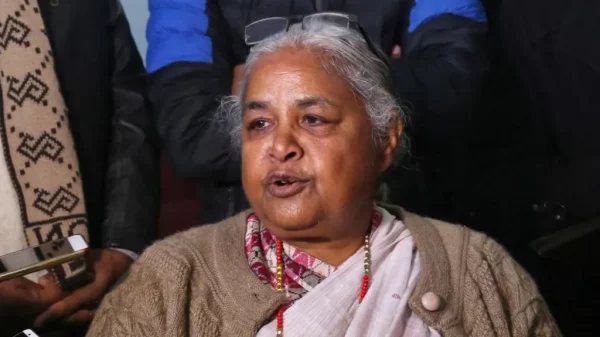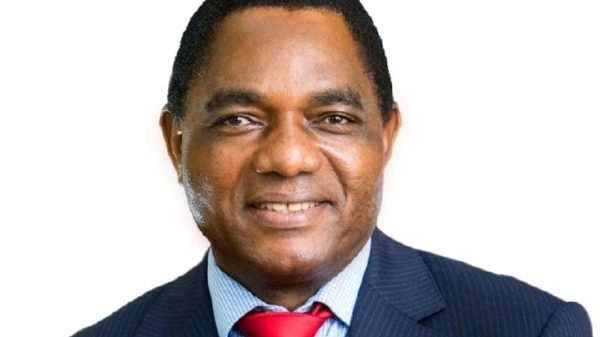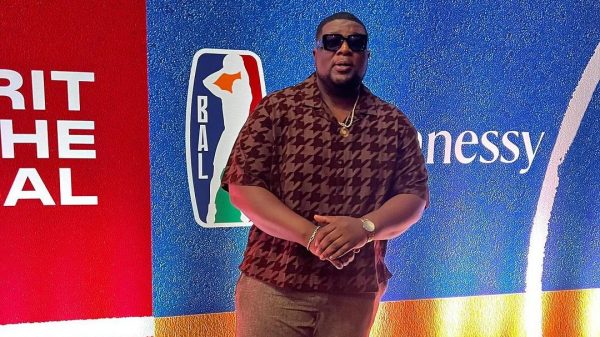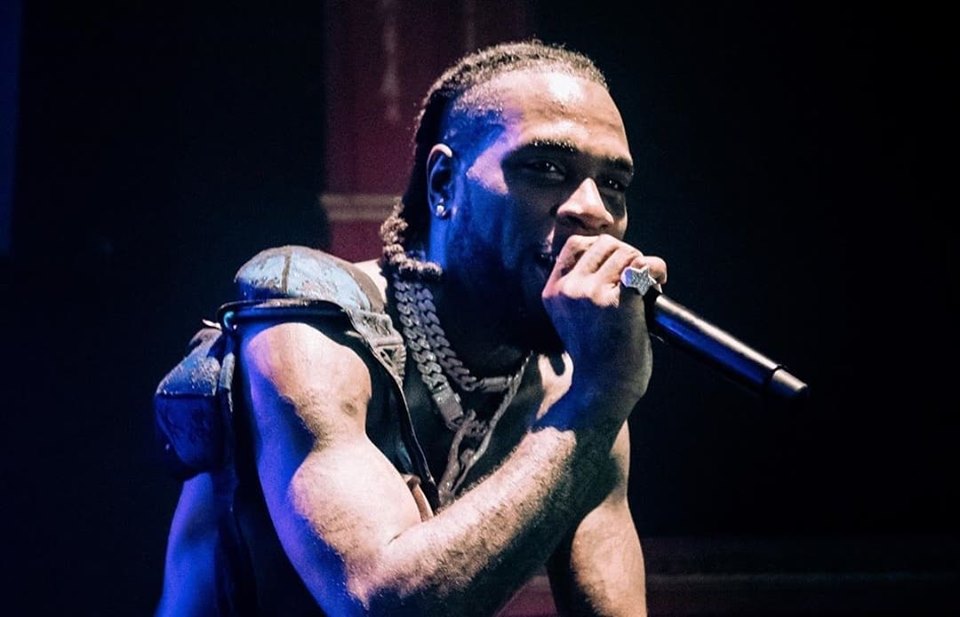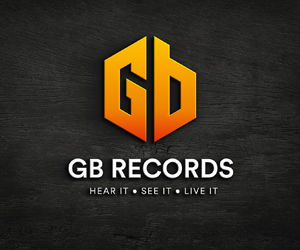Afrobeat is the new sound of Africa, and there speculations that the genre as put dancehall under pressure, as it continues to gain popularity worldwide. Afro-beats “take inspiration from its African roots and is combined with the sounds of rap, reggae/dancehall, and even RnB.” History suggests Afrobeat began in Ghana in the early 1920s, however, the term was coined by the late Nigerian music legend, Fela Kuti in the 1960s. Fela Kuti popularized Afrobeat within and outside Nigeria. An article published in the UK Voice last year stated Afro-beat is now “rivaling or even exceeding the popularity of Jamaican dance-hall” in the international market.
“Listening to then versus dancehall now, it’s called the same genre but the beats now are so much different from what they used back then. Maybe what most persons define as dancehall sounded like one drop in the very beginning, then a synthesized kind of one drop, until it moved into a version a little different from that and a phase where it seems like soca had a bigger influence on it. And now Afro-beat is borrowing from dancehall, and vice versa,” says Renowned Billboard journalist Pat Meschino. Pat further adds that the fallacy that “dancehall is thriving in mainstream markets like the US may come from that fusion of the genres, which might see some persons identifying Afro-beat as dancehall.”
According to Sean ‘Contractor’ Edwards, head of Contractor Music Group in Jamaica, besides its enjoyable rhythm, which makes people feel good and want to dance, Afrobeat contains cleaner lyrics and a vibe to which people are drawn than dancehall. “Afrobeat has more melody to it than regular dancehall, so it’s something that people can dance to, as well as the lyrics are more radio- and party-friendly. Many of them are love songs, not violent lyrics,” he said. Though Sean acknowledges Afrobeat is popular now, particularly in dancehall strongholds, he’s of the opinion that Afrobeat has not taken over from the dancehall genre.
Prominent Jamaican record label owner, Julian Jones-Griffiths disclosed in an interview with The Gleaner, that many Afrobeat artistes are on the rise and the genre is being supported by the international market. And in the case of dancehall, few dancehall artistes and songs are being shown the same love.
“Davido, Wiz Kid, Burna Boy and many more have all signed with majors recently, and there has definitely been a rush to sign hot Afrobeat artistes by major label A&Rs (artistes and repertoire). There is not that same desire to sign Jamaican dancehall artistes currently,” Jones-Griffiths revealed. “One thing I do see with all the Afrobeat acts is that they are very unified. There isn’t that infamous ‘crab in a barrel’ mentality afflicting their industry that everyone bemoans in dancehall. They are also ahead of us in terms of streaming numbers on Spotify, etc. Streaming is a real issue for us. Spotify is not available here, and it seems that dancehall fans all over don’t really consume the music in these platforms. We’re falling behind in an area the rest of the world is leading,” he added.
As Afrobeats continues to experience tremendous growth globally, Sean and Jones-Griffiths urge Jamaican dancehall artistes to push for collabos with afrobeat singers to achieve much success on the international market. Dancehall acts like Demarco, who featured Akon on his joint, “No Wahala”, Popcaan and especially Busy signal, who has the habit of cooking joints with Afro beat rhythms – Same Way, Expensive Order, Professionally, and giving mentions to Africa in his songs (Dolla Van, That’s how we Do it) have already set the ball rolling. (Flash Africa)

